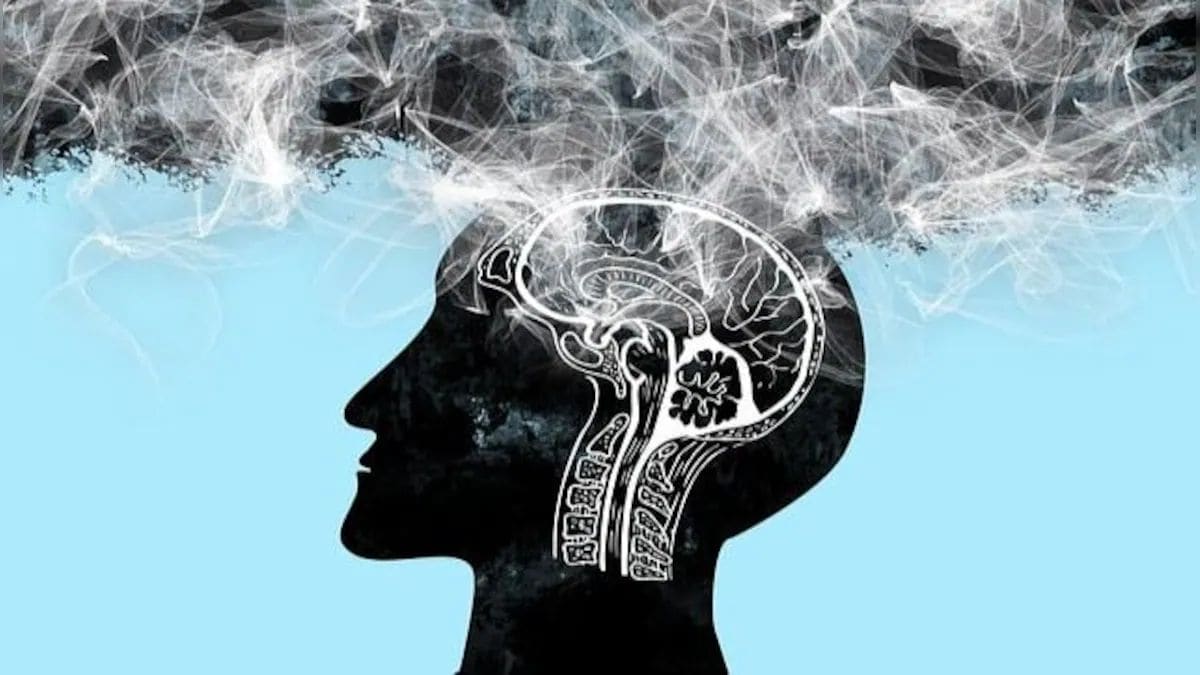Nearly 30 million Americans will have an eating disorder in their lifetime. A higher proportion— nearly a quarter of the world’s children and adolescents—experience disordered eating, a preoccupation with food and body that can lead to food restriction, binging, skipping meals, mental health issues, and eating disorders . Though women are twice as likely to develop eating disorders, many of the effects of the condition—including how it influences the decision of whether or not to have a child—are seldom discussed.
A new survey from Equip , a virtual eating disorder treatment platform, found one in 10 women are delaying trying to conceive due to their disordered eating. A third of women with a history of an eating disorder or disordered eating say they fear how pregnancy may affect them. Many reported feeling scared about unwarranted touching or comments about their body and weight—not to mention, the societal pressures to look a certain way or bounce back after giving birth.

The findings also show that 61% of women surveyed who currently have an eating disorder, disordered eating, or had one of the conditions in the past, say it was hard to support their bodies during pregnancy, including nourishing themselves. The survey took into account responses from nearly 700 women with a history of eating disorders or disordered eating. Respondents overwhelmingly reported feeling guilt and shame about how their conditions permeated their fertility journeys.
A silent crisis The compounded effects of eating disorders have been largely overlooked and under researched. One in three women fear disclosing their eating disorder or disordered eating with a reproductive health care professional. Nearly a quarter say they wouldn’t have sought help for their disorder if they had not been trying for a child.
The fears are not off base as those who have been open about their experiences say they have not felt supported. Thirty-five percent of respondents say they were advised to lose weight while trying to conceive, which led to a vast majority (83%) saying they found the advice triggering. The survey also highlights how eating disorders and disordered eating may affect women’s fertility.
Nearly 50% of women surveyed who have an eating disorder or disordered eating have experienced infertility compared to the national average of 11%. For more on eating disorders and disordered eating treatment: Does Medicare cover eating disorder treatment? Yes, but certain restrictions apply Doctor warns about the danger of overlooking eating disorders for people of color: ‘They’re not even being screened’.

















